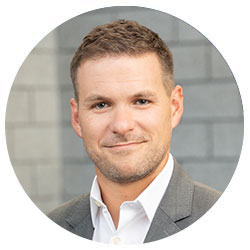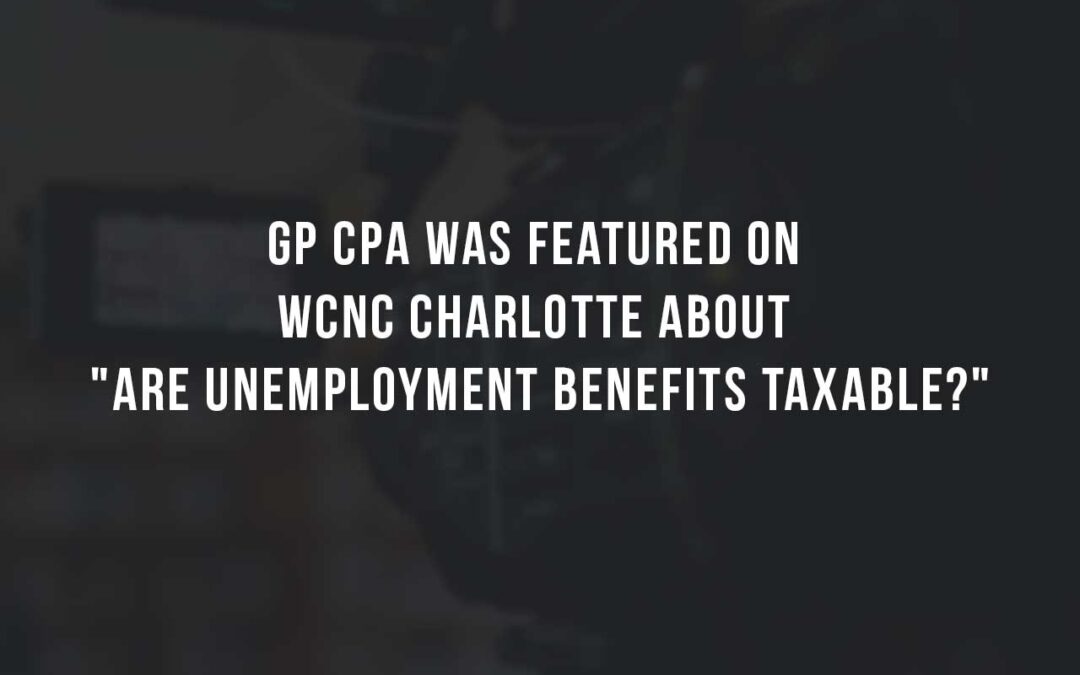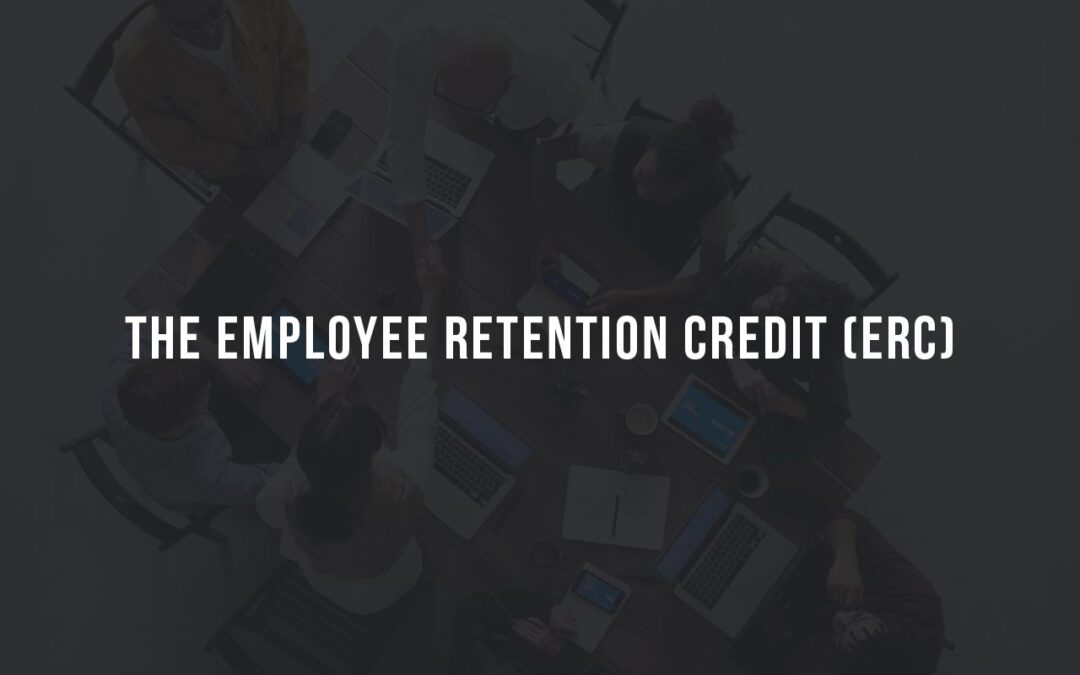CALL US
(980) 237-1714
Email us
justin@pruscpa.com
Friday 09:00 - 15:00
Mon - Thu 09:00-17:00
[Frequently Asked Questions] CFP (Certified Tax Planner)

Written by Justin Prusiensky
December 3, 2018
Blog | Certified Tax Planner | FAQ | Guides
Estimated Reading Time: 4 minutes 25 seconds
Recent client question from a CFP (Certified Tax Planner) to GP CPA:
“I wanted to reach out because I have a client that has a portfolio that is 100% equity in a taxable account. We are looking to sell out of the equity positions and redeploy the proceeds into a mutual fund based portfolio that is more diversified with less risk.
The objective is to try and mitigate or reduce as much tax liability as possible. Is this something that you’d be able to assist with if I introduce you to the client?”
GP CPA response, part 1:
I would welcome the opportunity to work with one of your clients. Selling capital assets is usually tax favorable only based on timing; Long-term capital gains = held 365 days or more = 15% Fed tax + ~6% state (NC). There are some generic strategies that can help, but they require some planning. If the client has LTC Losses that are carrying forward, selling other long-term assets will use that carry forward and offset some tax owed. Same thing with Short Term Capital losses/gains.
Depending on their income level, there is also the .09% additional medicare tax on income over a threshold amount and not many ways to mitigate/reduce that. If the stocks are closely held small business stocks, then they might be eligible for a tax preference item. Keep in mind that the tax benefit tops out at $100K and has a pretty narrow focus.
The only other exotic way that I know to offset large capital gains (which are already taxed at the lowest rate possible, 15% at LT), is by investing in some of the oil and gas PTP’s. We have had several clients drop significant investments in specific oil and gas partnerships to receive Active (the important part) losses pretty close to their invested amounts. These partnerships were usually developing an oil site and took a massive amount of depletion or depreciation in YR1, which is a non-cash deduction that creates a loss.
CFP Follow up:
I am familiar with many of the tidbits you provided but for this specific situation, the client is not a high-income earner. The CLIENT essentially inherited a 100% equity portfolio and we are looking to exit them from the individual stocks and enter into a diversified mutual fund based portfolio. There will likely not be any continuing capital gains, just this one-time event.
The client also gifted around $30k – $50k to two separate charities that would also help mitigate some of any potential tax liability. Where I am somewhat on the fence is whether or not to take the funds from the brokerage account and place them in a Roth IRA. The client will not be making active contributions to the account so I am wondering if it makes sense to place in a Roth when they could potentially need to dip into the account within the next couple of years. The client is also limited to only investing $5,500 per year into the Roth and the current balance of the brokerage account is around $XX,XXX. I am open to any feedback you have based on the details I shared.
GP CPA Response, part #2:
That is nearly a text-book style unique situation. All that is missing from the scenario is the shopping cart full of pineapples. The inherited property, including stocks and financial instruments, usually gets a stepped-up basis at the date or time of inheritance. So, I would check out the basis for the equities first to see if they would even be sold at a gain first of all.
You are correct on the lowest possible rate of capital gains, particularly if his earned income is low. I have had a client have 0, (aka nada) federal taxes on an installment sale that was $40K in gains because they had no other income. They still paid NC taxes though, as NC does not differentiate types of income like the IRS; it is all subject to the one tax rate, regardless of the type of income (with limited exclusions).
I also would waffle on the Roth IRA, especially if he will not be adding to it. Have you considered setting up a trust to manage the funds? A simple trust might work, especially if there is not any regular anticipated need for distributions?
CFP Follow up and closing:
Just giving you a heads up, I reviewed further the cost basis and because of the step-up in basis there is very little if no gain at all. Also because he made some gifts and has very low income there shouldn’t be any federal and potentially zero to very minimal state tax liability. Thank you so much for your assistance and for being a sounding board for our firm. I appreciate your help.
Related Articles

GP CPA was featured on WCNC Charlotte about “Are Unemployment Benefits Taxable?”
We are glad to inform you that Justin Prusiensky, Chief Executive Officer of the GP CPA P.C. was featured on WCNC Charlotte coverage about “Are Unemployment Benefits Taxable”.

The Employee Retention Credit (ERC)
The Employee Retention Credit (“ERC”) has had some upgrades and retrofits to some of the basic calculations with the most recent (12.27.20) CARES Act changes.

Good Riddance, 2020
What is new in 2021? Meals in 2021 are once again 100% deductible, the next round of PPP funding is coming and the Employee Retention Credit (ERC) has been changed.

How to Persuade Clients to Change Banks. Listen to Justin Prusiensky’s Guest Appearance on the Relay Financial Webinar
Our expert accountant Justin Prusiensky was recently interviewed as a guest speaker by Relay Financial to discuss how to persuade clients to change banks.

What Tax Breaks Changed From 2018?
Congress extended some of the tax breaks retroactively to January 1, 2018. They now expire on December 31, 2020. Learn more about tax breaks that have been extended.

Dear Client, I have good news!
Since we now have less than 90 days left in the year, kindly keep me apprised of when you expect the major revenue collections to be during the next few weeks and we can adjust accordingly.
Comments

0 Comments